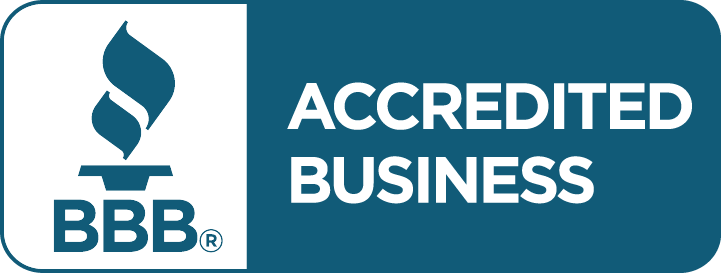Almost 40 per cent of marriages in Canada end in divorce, with finances often to blame. Research shows that if a couple argues about money before marriage or soon afterwards, it’s usually why the relationship ends. Fights about money last longer, are more intense, and can be more damaging than other marital disagreements, like children, sex and in-laws.
As if the end of a marriage isn’t difficult enough, there’s also the financial aspects that you must deal with. From figuring out real estate division, child support, visitation and alimony payments, there are countless financial considerations to make.
Besides the usual financial obligations, you’ll also need to figure out what will happen to any outstanding debts. After all, you know there’s an equal division of any property that accumulates during your marriage – does the same apply to debt?
Below, we outline what you should know about divorce and debt in Canada. We’ve also included some helpful financial tips to keep in mind before you divorce your partner.
Who Is Responsible for Debt in a Divorce?
Generally, debt acquired during marriage is seen as joint debt by family law courts in Canada. As a result, both partners are responsible for repaying the debt – regardless of which partner created it.
And you’re both 100 per cent responsible for the debt, not just 50 per cent each. If a financial institution can’t find repayment from one spouse (often the main borrower), they’ll collect full payment from the co-signer.
If you fail to make payments, your credit rating may be affected. Taking over the payments temporarily or indefinitely can help prevent that from happening.
However, if there’s a previous legal agreement, the rule may not apply, and debt division could be different. The court may also choose to divide debt unequally if there are extenuating circumstances. For example, judges will consider factors like each spouse’s ability to contribute to the family debt, the circumstances surrounding the debt, and whether one spouse significantly altered the marital debt following separation.
Credit Card Debt and Divorce
The individual named as the borrower on the account determines the responsibility for paying off credit card debt.
If both you and your partner are borrowers on a credit card account and they don’t make payments, you could be liable for the debt.
However, if you apply for a credit card independently, the agreement is only between you and the lender. So, if you fail to repay your loan, the lender will pursue legal action against you, not your spouse.
Divorce and Student Loan Debt
If student loan debt is acquired during a marriage, both partners are responsible for repaying it. But if your partner had the loan before getting married, you won’t be legally responsible for repaying half of it.
Tips for Dealing With Debts Amidst a Divorce
There’s no doubt that going through a divorce can be emotionally challenging and distressing. When navigating a relationship breakdown, follow these steps to ease the process.
1. Do Some Research
Depending on how long your marriage has lasted, there may be accounts in your name that you have forgotten about or aren’t aware of. You may be the co-signer on a car loan, line of credit or credit card from years ago. That’s why getting a copy of your credit report is a good idea.
In Canada, completing a soft inquiry on your credit rating won’t affect your overall rating. You can easily obtain your credit score for free through Equifax or TransUnion.
2. Communicate
If possible, you want to resolve any debt-related issues before the divorce. If the divorce is amicable, take some time to sit down with your spouse and discuss your personal and joint debts and accounts. Determine how much debt you had entering the marriage versus now to see the accurate amount of marital debt.
3. Meet With a Debt Expert
Consult a debt expert before making any decisions about your assets or debts. These professionals can help you and your spouse create a fair debt management strategy.
At SolveYourDebts, we have a team of financial professionals dedicated to getting your finances in order. Our budget mentoring specialists can review your debt situation and create a debt reduction plan that you can maintain – even after you finalize your divorce. We can also teach you strategies for budgeting for your new normal, especially if you’re dealing with post-divorce debt.
Get in touch with us today for more information or to book a free, no-obligation consultation.











